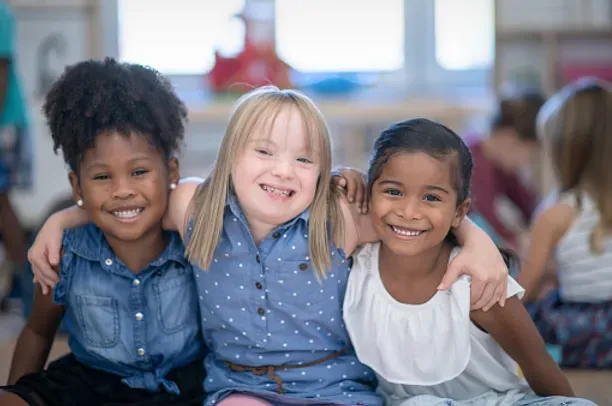Nonprofits have always been at the forefront of driving positive societal changes. Among these, advocacy for children’s rights stands out as one of the most crucial missions. Protecting vulnerable people and ensuring they have access to basic needs, such as education, healthcare, and safety, is not only a moral imperative but also essential for building a better future. Through various initiatives, nonprofits work tirelessly to bridge gaps and champion the rights of little ones worldwide.
A non profit for children plays a pivotal role in identifying the challenges children face, especially in marginalized communities. Whether it’s raising awareness, providing direct services, or pushing for policy changes, these organizations serve as a crucial lifeline for millions of young lives. They amplify voices that otherwise might not be heard, ensuring that the issues affecting them are brought into the spotlight.
Advocating for Education and Opportunities
One of the primary benefits of nonprofit organizations focusing on children’s rights is their work in promoting education. For many around the world, access to quality education is a luxury, not a given. These organizations help break down barriers to learning by building schools, providing scholarships, and offering learning materials. They also advocate for more inclusive education policies, ensuring that marginalized children, such as those with disabilities, can benefit from a fair and equitable education system.
Nonprofits also create various programs aimed at skill development. This empowers children, especially those from underprivileged backgrounds, to develop essential life skills and unlock future opportunities. By fostering an environment where every child can learn, grow, and eventually thrive, nonprofits significantly contribute to reducing cycles of poverty and inequality.
Ensuring Health and Well-being
Beyond education, children’s health and well-being are critical areas where nonprofits make a profound impact. Many children, particularly in underserved regions, lack access to basic healthcare services, leading to preventable illnesses or even death. These institutions partner with health professionals to provide vaccinations, treatments, and healthcare facilities, ensuring that they can grow up healthy.
Additionally, they tackle issues such as malnutrition by distributing food and nutritional supplements. By addressing the root causes of poor health, these organizations help prevent a host of future problems, making it easier to focus on their education and personal development.
Empowering Through Legal Advocacy
Legal advocacy is another critical area where nonprofits excel. Children are often the most vulnerable members of society, susceptible to abuse, neglect, and exploitation. Such organizations advocate for laws that protect children’s rights, working with governments to implement child protection policies. Moreover, they focus on creating awareness around issues like child trafficking, child labor, and early marriage.
Through their campaigns, they not only educate communities but also mobilize action to end these practices. Legal reforms backed by nonprofit advocacy often lead to long-term systemic changes that ensure better protection for little ones.
Building Support Systems for Families
Nonprofits also understand that a child’s well-being is closely tied to their family environment. By supporting parents and caregivers, these organizations create stronger support systems that benefit children directly. Whether through counseling, financial assistance, or parenting workshops, nonprofits work on empowering families to provide the nurturing and care children need to flourish.
Family support initiatives help reduce child abandonment, improve emotional well-being, and enhance a child’s overall quality of life. When families are stronger, children are more likely to thrive, and the entire community benefits.
Non profit for children act as the necessary force pushing for societal progress. Their efforts don’t just benefit individual children—they uplift entire communities and influence policies that can have lasting global impacts. By taking proactive steps to solve the challenges children face, nonprofits ensure that the world moves closer to equality and justice for all its younger members. Their work is a testament to the power of collective action, and the benefits they provide are foundational to building a better, more equitable society for future generations.




